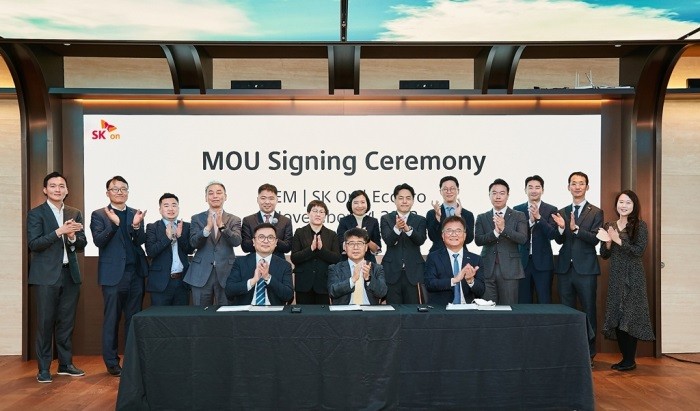 |
| South Korean electric vehicle battery maker SK On and two Chinese material suppliers EcoPro and GEM had a bright future in mind when they signed a MOU in March 2023 to form a joint venture. (Source: Kedglobal.com) |
The CEOs of South Korean electric vehicle (EV) battery maker SK On and its two materials suppliers – China’s EcoPro and GEM – had a bright future in mind when they signed a memorandum of understanding (MOU) in March 2023 to form a joint venture.
But less than nine months later, the $1 billion project faces an uncertain future as new US regulations threaten to upend the global battery supply chain.
Under the terms of the deal, the joint venture will produce 50,000 tons of precursors — a mixture of nickel, cobalt and manganese — for EV batteries at the Saemangeum National Industrial Complex. “By strengthening the supply chain of minerals and materials, SK On will further enhance its global competitiveness,” SK On Chairman Choi Young-chan said at the time.
However, the US government last week proposed new guidelines regarding what are known as foreign entities of concern (FEOCs). Under the new rules, a joint venture would be considered an FEOC if a company is controlled by one of four countries (China, Russia, North Korea or Iran), with a stake of 25% or more.
By being designated as an FEOC, such ventures would not be eligible for tax credits and subsidies under the U.S. Inflation Reduction Act (IRA) and the bipartisan Infrastructure Act. Those tax credits and subsidies are important to Korean companies because global electric vehicle makers that want to sell their cars in the U.S. want to use batteries that qualify them for subsidies.
Consumers can get a $7,500 tax credit for each new EV if their vehicle meets government requirements.
The restrictions on FEOC are particularly alarming for South Korean battery and materials manufacturers, many of whom have big ambitions for the US market but have also signed MOUs and joint venture agreements with Chinese partners. These agreements cover operations not only in South Korea but around the world , from Indonesia to Morocco.
Both South Korea and China are major players in the emerging EV battery market, thanks to companies like SK and LG Energy Solution in South Korea and CATL in China, not to mention countless smaller suppliers. Now, South Korean companies face a difficult choice: negotiate with their Chinese partners to reduce their stakes in joint ventures to below 25%, or abandon the US market.
The US side said the new guidelines would encourage diversity and flexibility in the supply chain of critical minerals and battery components, but also added that their purpose was to ensure that the US would lead the EV market.
The proposed regulations would apply to battery components starting in 2024 and critical minerals starting in 2025.
Under the terms of the MOU, SK On and EcoPro will own a combined 51% stake in the joint venture, with GEM owning the remaining 49%. If the joint venture wants to supply customers in the US, it will have to reduce GEM's ownership stake to below 25%.
Source



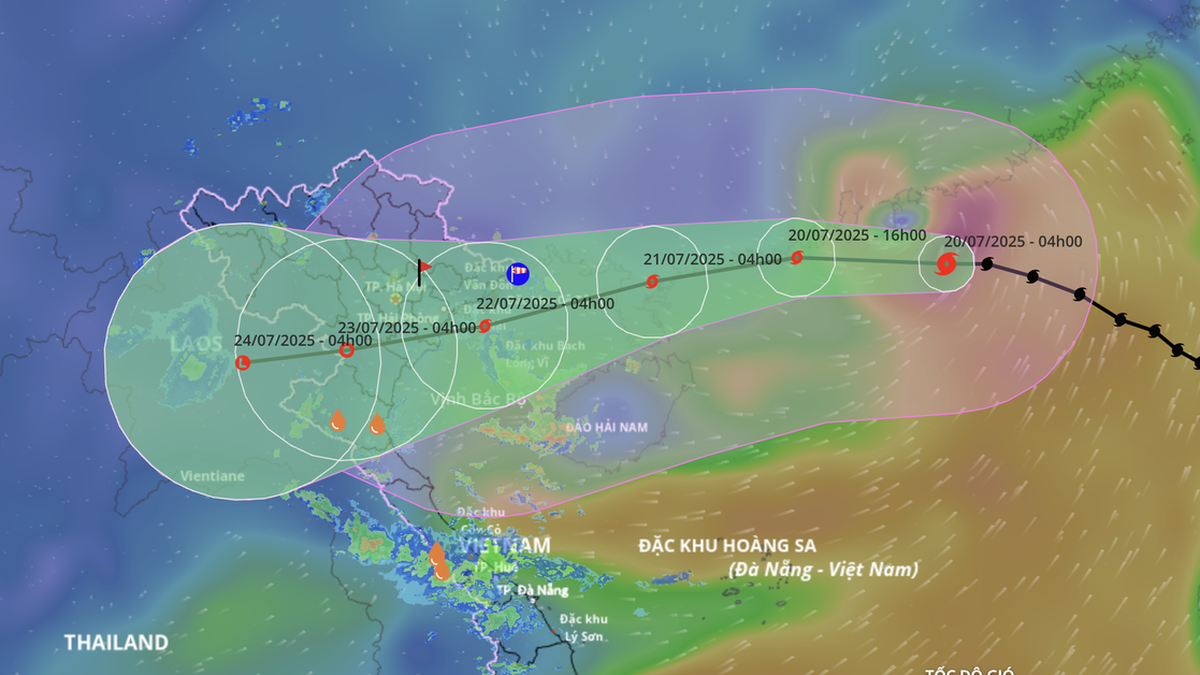

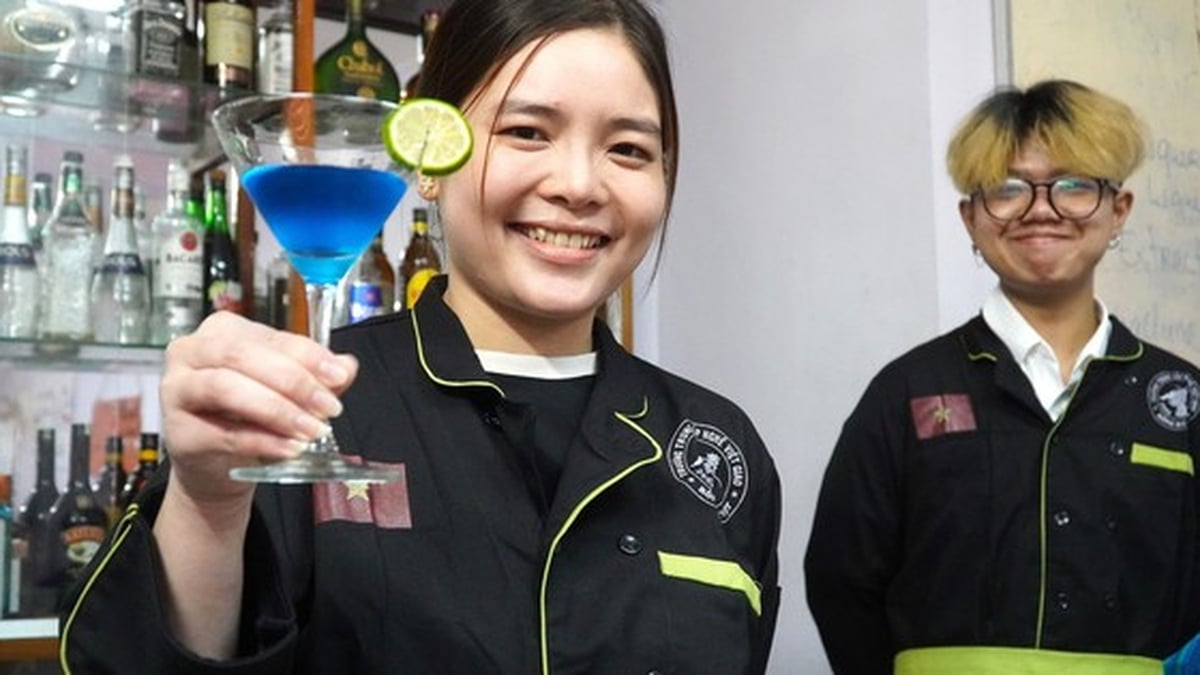



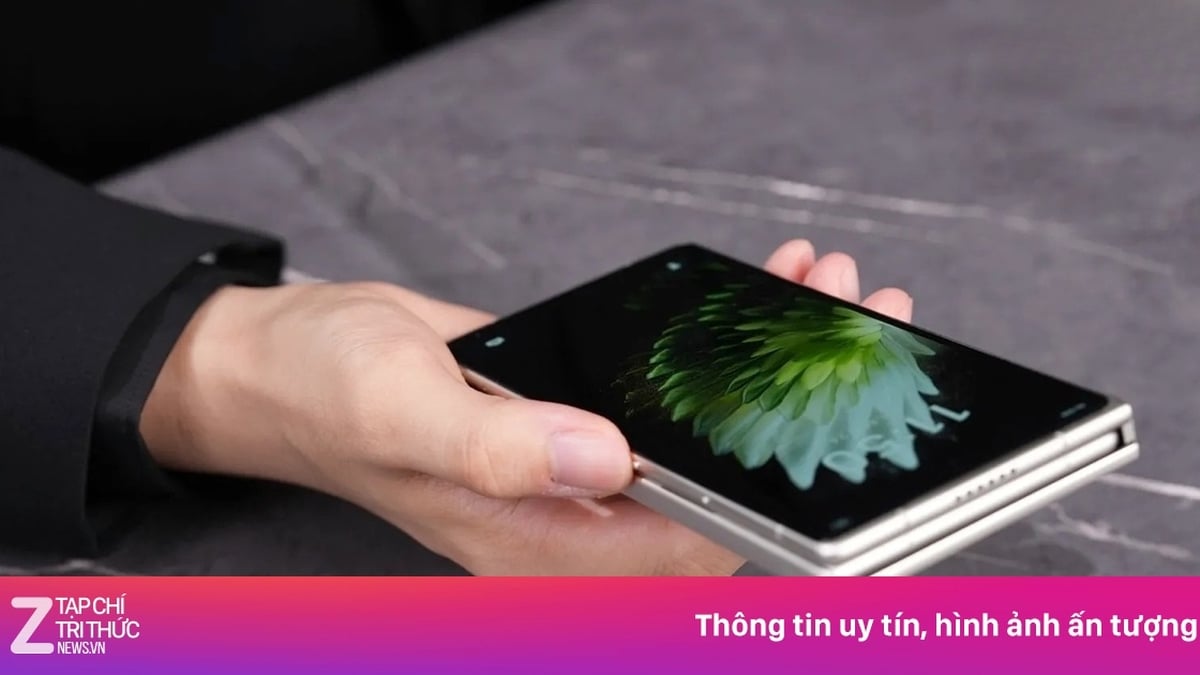

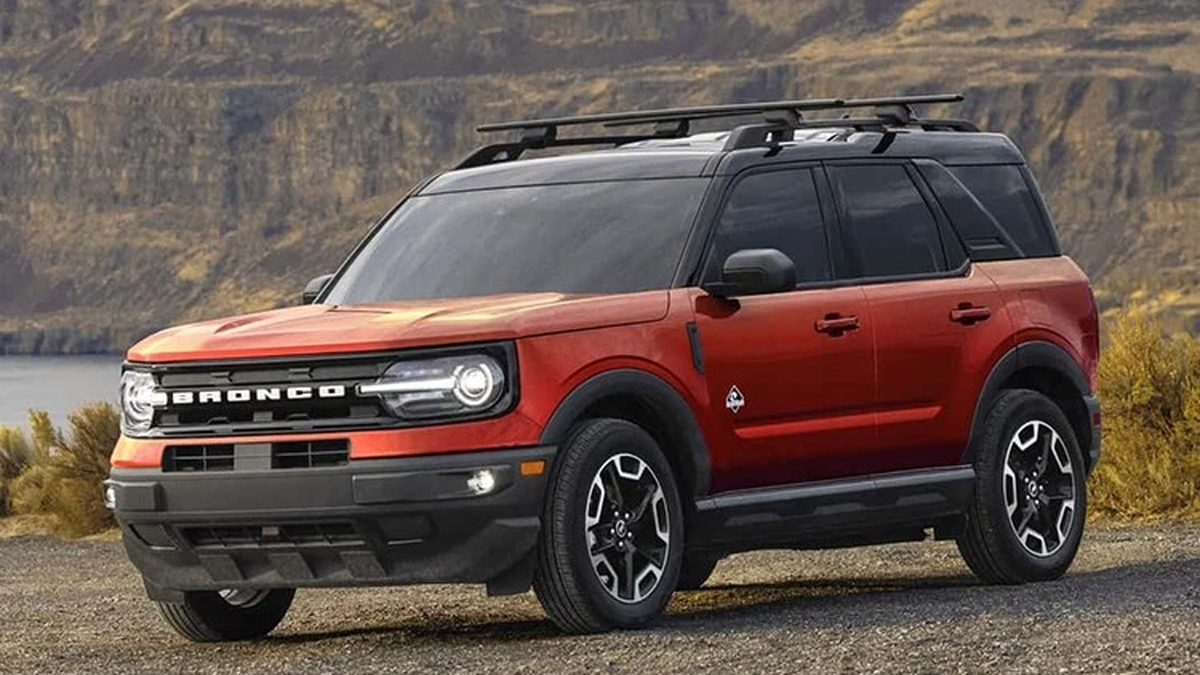













































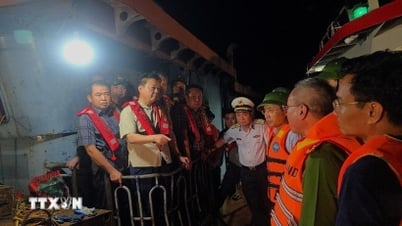






































Comment (0)